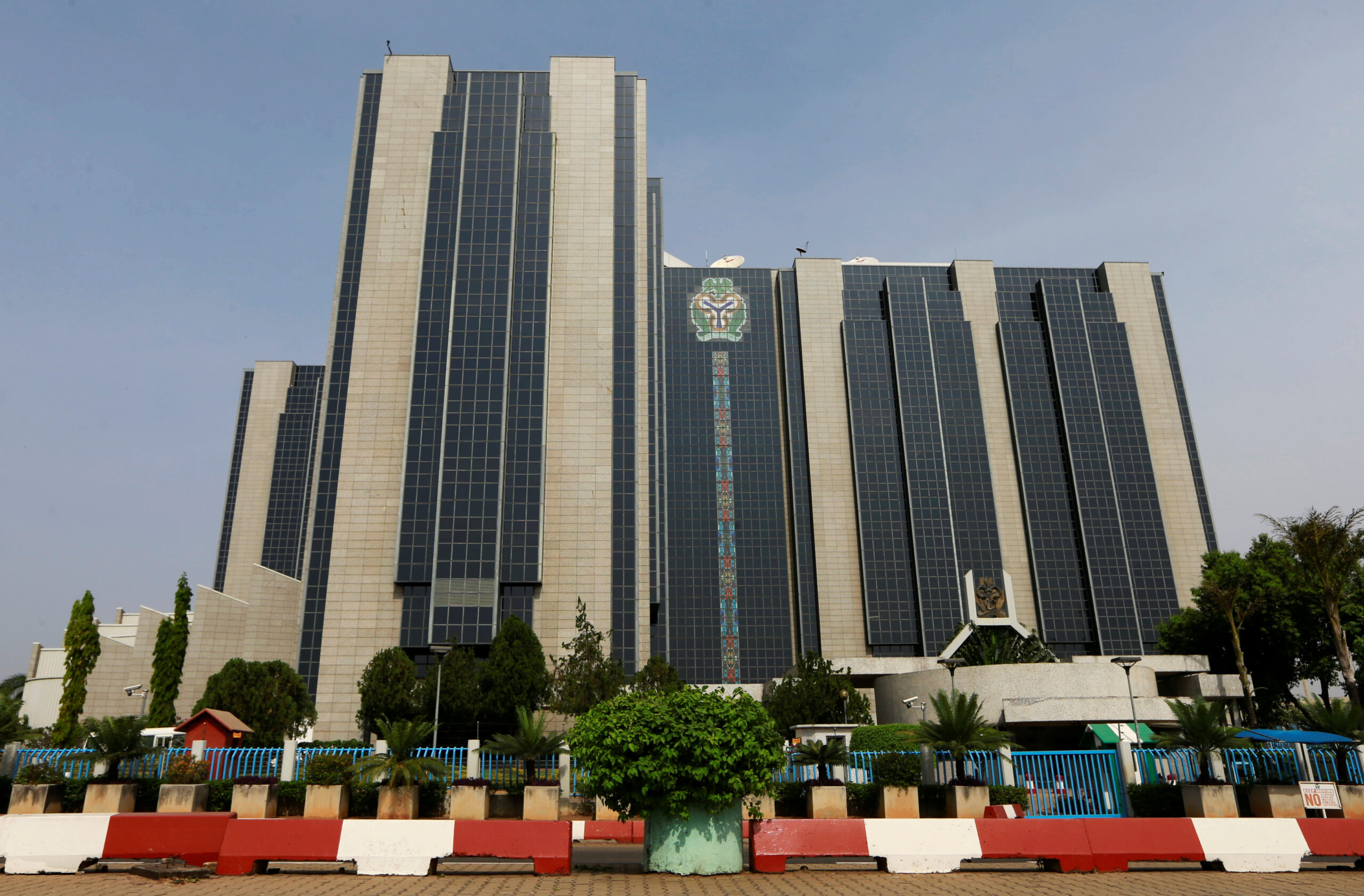Local cryptocurrency experts have pointed out that the ban on Binance‘s naira operations in Nigeria could affect the livelihood of many Nigerians and potentially increase the unemployment rate in the country. In interviews, experts mentioned that the removal of Binance’s services related to the naira will likely lead to the emergence of new crypto exchanges that will fill the void and find ways to comply with local regulations.
What’s Happening in Nigeria?
The CEO of Flincap, a liquidity platform for crypto exchanges, Nathaniel Luz, mentioned that several Nigerian investors make a living by conducting P2P trades on Binance and are currently affected by this situation. However, these trade transactions are still ongoing in WhatsApp and Telegram groups.
According to Flincap’s marketing director Oladotun Wilfred Akangbe, the ongoing uncertainty surrounding cryptocurrency regulation in Nigeria and Binance’s decision to cease operations could weaken the confidence of many people in the field. The uncertainty in Nigeria’s crypto space could lead to significant fear and doubt (FUD).

Nigeria and Binance
Binance announced on its website that it will automatically convert naira balances to USDT starting from March 8, but will stop supporting NGN deposits on March 10. The crypto company added that withdrawal operations will not be supported after March 8 and that the conversion rate for automatic conversions will be 1,515.13 naira per 1 USDT. Binance’s peer-to-peer platform had removed all NGN trading pairs from the exchange at the end of February.
On February 27, the governor of the Central Bank of Nigeria claimed that crypto exchanges operating in Nigeria were suspected of conducting illegal transactions, pointing to suspicious fund flows on Binance. Due to intensifying suspicions about Binance’s illegal activities in Nigeria, the Nigerian House of Representatives Committee on Financial Crimes summoned Binance CEO Richard Teng to appear before the committee before March 4.
In 2023, the Nigeria Securities and Exchange Commission stated that Binance Nigeria was not registered or regulated by them, marking its operations in Nigeria as illegal. In December 2023, the Central Bank of Nigeria reversed its stance on crypto assets, advising banks to disregard the previous ban on crypto transactions.

 Türkçe
Türkçe Español
Español









